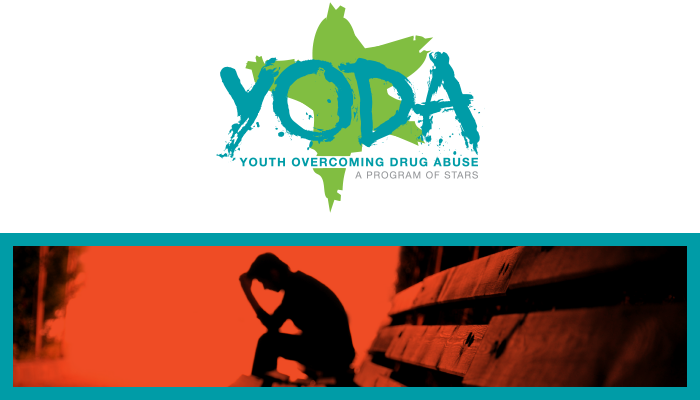Imagine a female whose runaround in the foster care system began when she was only two years old. Her mother, an addict, struggled and eventually lost custody of her nine year old daughter due to neglect. The daughter is now sixteen with a brain traumatized by the early loss of her mother. To survive, she has learned to be hyper-vigilant; she is always on her guard, watching for harm. She responds to a ringing phone much the same as to a car crash. The smallest incident can produce floods of stress hormones in her brain, prompting a “fight or flight” response. Her life is lived in anxiety and fear, whether she recognizes it or not.
Now imagine this girl discovering a “magical substance.” This potion replaces her fear and anxiety with an overwhelming sensation of well-being. She is cradled in the arms of a benevolent being that soothes her and says, “Nothing bad will ever happen again.” It is as though the sun has risen in her soul.
Does this sound dramatic? It should. Trauma is, by definition, dramatic. And traumatized teens often learn to abuse drugs to escape those feelings of anxiety and fear. That’s one reason it’s so hard to get them to stop.
It’s a fact! Though the moment may be brief and the cost great, traumatized teens abuse drugs because drugs make them feel better—until the impact of substance abuse on their developing brains manifests itself in a never-ending spiral of even more trauma, and all hope of escape fades.
STARS’S gender-specific intensive outpatient program for females 13-18—exists for this reason.
By providing trauma-informed substance abuse treatment in a safe, female-only setting, STARS gives young women a new option for living. They learn skills to self-regulate without drugs, grow healthy relationships, practice safe sex, and build self-esteem. STARS helps them build resilience and find the courage to change.
STARS’S YODA-Girls meets at the Youth Opportunity Center at 1704 Charlotte Avenue Suite 200, Nashville, TN 37203
For intake and more information call 615 983-6819 or 615 983-6809.
Are you interested in learning more about childhood trauma?



